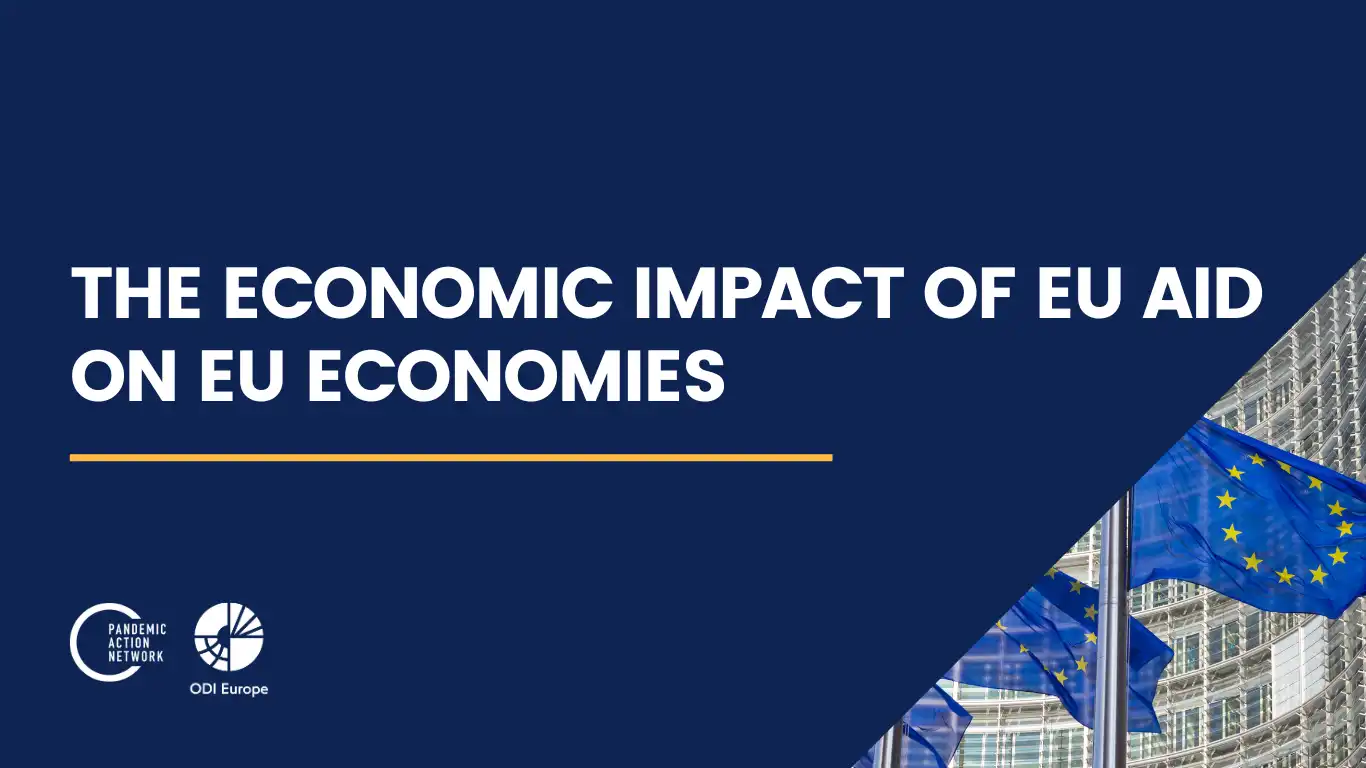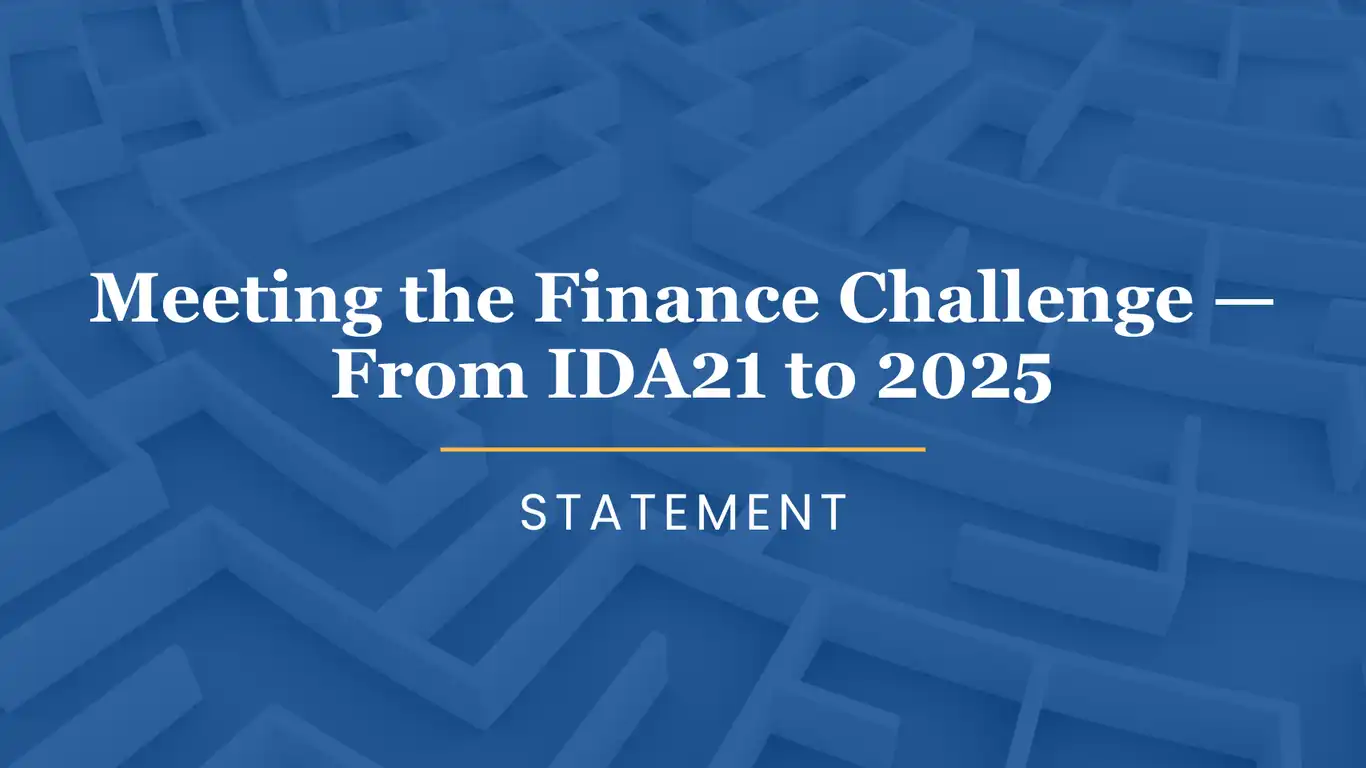COVID-19 is one of the worst global health emergencies this world has ever seen, and new variants continue to increase the urgency of quickly minimizing the virus’ spread. Significantly more funding is needed for the global fight against COVID-19. The Access to COVID-19 Tools Accelerator (ACT-A) is still facing a US$16.4 billion funding gap for 2021, and the latest estimates anticipate that it will cost at least US$50-66 billion to fully vaccinate the world — likely much more when end-to-end delivery costs are factored in. The European Union (EU) has shown global leadership and solidarity committing €500 million in grants to support global access to vaccines. However, not all of these commitments have been turned into actual payments yet.
Time is of the essence: the EU must mobilize those resources without delay.
The fight against COVID-19 must not be funded to the detriment of other global health and human development priorities or we will be trading off one crisis for another. More than 2 billion people remain affected by diseases such as HIV/AIDS, tuberculosis, malaria, and neglected tropical diseases. COVID-19 has also posed an unprecedented shock to human development, which is on course to decline for the first time in three decades.
This is why civil society organizations (CSOs) have identified four priority budget lines that play a vital role in mitigating the effects of the pandemic and are urging the EU to protect them in the conciliation period. Ahead of the vote in the European Parliament Plenary, the CSOs support the amendments laid out in a set of recommendations to restore the Draft Budget for 2022, reverting the cuts made by the Council. Read the recommendations here.



